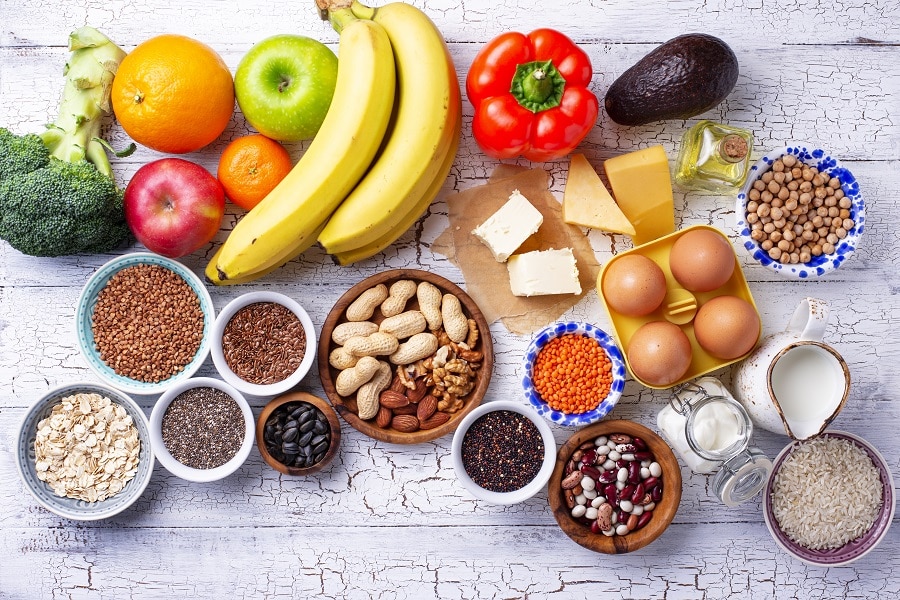Most of us probably think we know what constitutes a healthy diet. We eat lots of fruits and vegetables, stay away from unhealthy foods, and don’t overeat. However, some other factors can make or break your nutrition plan. So what is a healthy diet? This may seem like an easy question, but the answer is very complex. It’s not just about whether or not you eat junk food; it’s about how you choose your foods, what quantities you consume, and what proportions these makeup up your total daily intake. This article will discuss nine building blocks of a healthy diet.
Contents
Moderation

Most people can agree that junk food is not good for you. However, the question is how much? Moderation may seem like a vague term, but it defines your diet. Some things may be okay to eat in small quantities every once and a while; others may be less frequent. This is when your cravings can come into play when you’re trying to choose what to eat. If they win, that’s when moderation goes out the window, and you give in.
Portion Control

The portion sizes we tend to eat today are much larger than the recommended serving size. These large portions make it difficult for us to keep up with the calories we’re consuming and do not promote a healthy lifestyle. To achieve a healthy diet, you should get in touch with your plate. Your plate is the best way to get an idea of how much you should be eating at each meal. Most Americans eat three times more than their plates can hold while still maintaining a healthy diet.
Balance
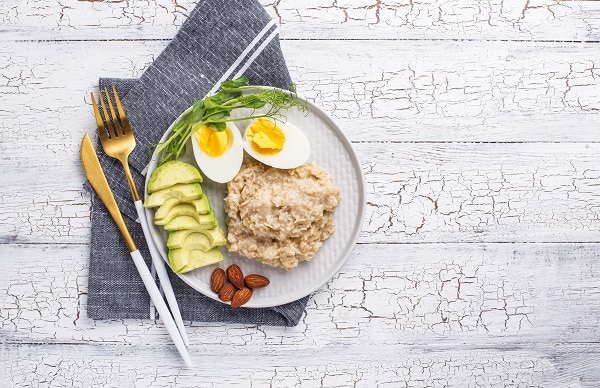
The next building block of a healthy diet is balance. This means that you should plan meals around the food groups to make sure you are getting the proper nutrients for your body. For breakfast, lunch, and dinner, try to incorporate grains, vegetables, fruits, dairy, protein, and some fat into your meals. Balance does not mean if you have a handful of almonds in your salad, it makes up for the slice of pizza at lunch. It is very much possible to eat a small portion of a wide variety of food groups throughout the day that totals less than 2000 calories and be healthy.
Fruits And Vegetables
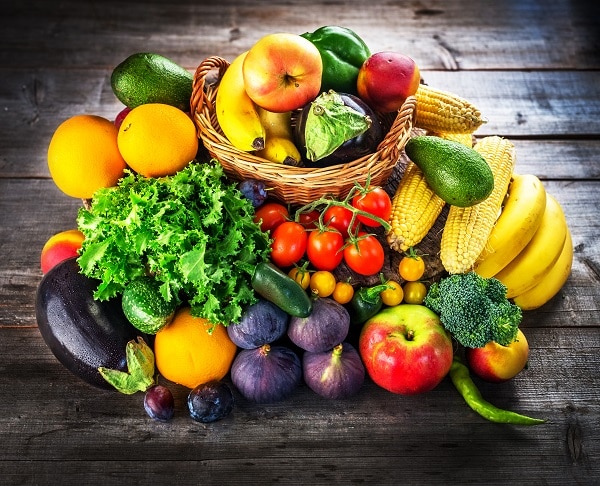
These are the types of food most Americans lack in their daily meals. We know that fruits and vegetables are healthy, but many people don’t enjoy eating them regularly. This is where you can incorporate some sneaky ways to get in your fruits and vegetables without even knowing it. Try putting some spinach in your smoothies or kale, cucumbers, and carrots on your sandwiches. Fruits and vegetables are rich in vitamins, minerals, fiber, antioxidants, and phytonutrients which all have their benefits.
Protein
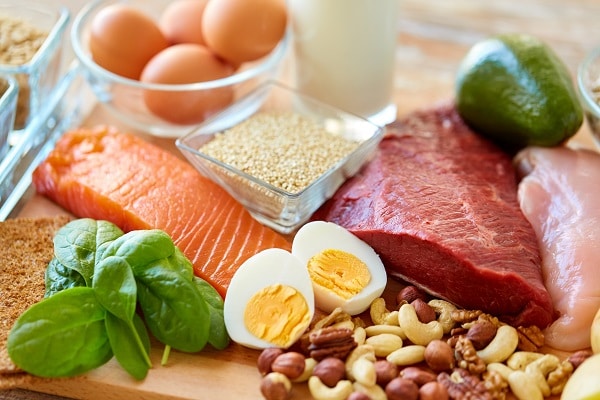
Proteins are essential for the building and repair of body tissues. It plays a vital role in energy metabolism, growth, and development; combination with carbohydrates provides us with the necessary energy we need throughout the day. While it’s suggested that we eat a little more protein than what is recommended (6-12 ounces), it can be challenging to get all of this from one type of food. Try to incorporate some meat, dairy, and beans in your meal prepping plan throughout the week, so you don’t get stuck eating empty carbs.
Fats

Fats are essential in our diets, but it’s important to know where these fats are coming from. Eating the right type of fat will help you meet your daily needs while cutting down on bad saturated and trans fats. Unsaturated fat is typically in plant-based foods like nuts, seeds, fish, and avocados. Saturated fat is typically in animal products like meat and dairy. You should aim for around 10-20% of your daily calories to come from these good fats because they lower the risk of heart disease, stroke, type 2 diabetes, obesity, Alzheimer’s disease, and metabolic syndrome.
Vitamins And Minerals
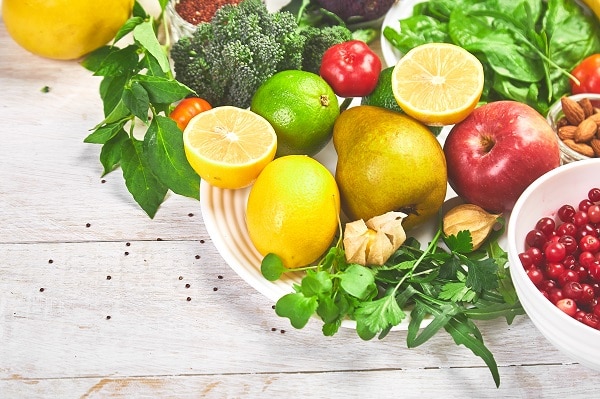
Most of the food we eat contains essential vitamins and minerals that our bodies need for a healthy functioning metabolic system. Vitamins and minerals are important because they help deter chronic disease, which we can prevent by eating a balanced diet. Eating a wide variety of healthy foods is typically enough to meet your daily needs. However, if you are still worried about getting all the vitamins and minerals you need, it may be worth consulting your doctor for specific recommendations or taking a multivitamin.
Staying Hydrated

We all know that water is very important for our bodies, but it’s perhaps the easiest building block to forget when eating healthy. We need water to digest food properly, transport nutrients to cells, regulate body temperature, and protect brain function. When we don’t drink enough water, it can affect our concentration levels, moods, energy levels, weight loss goals, and digestion, leading to poor overall health. Try staying within the 8×8 rule where you drink eight glasses of water a day or two liters of water throughout the day. You can also add some slices of fruits in with it for some flavor and health benefits.
Conclusion
Incorporating these healthy building blocks is the foundation of a healthy diet. While it may be difficult, don’t get discouraged when you fall down. Like building a house, the foundation is essential to keeping everything together, and there’s no way around it. If you are having trouble, try starting small. Doing things like incorporating one of these building blocks into your life each week is a great way to work towards eating a healthy diet and living a healthier life!
